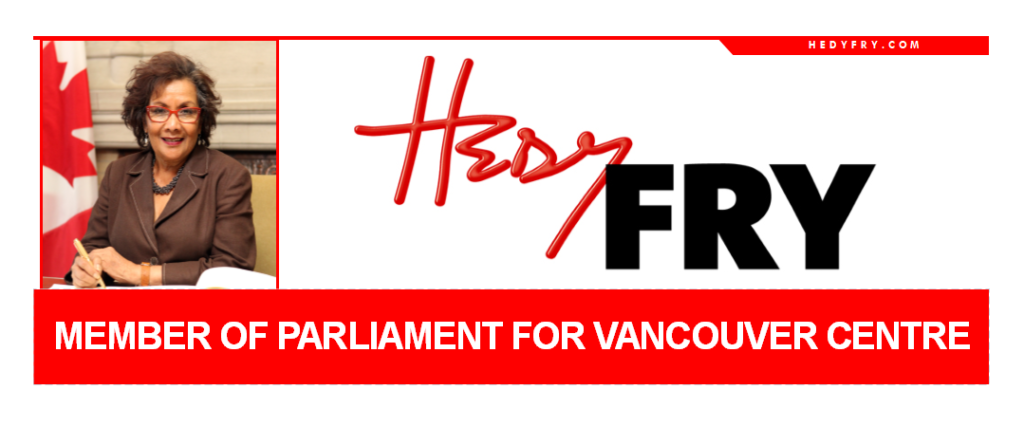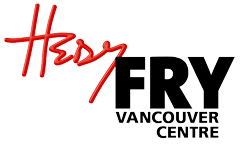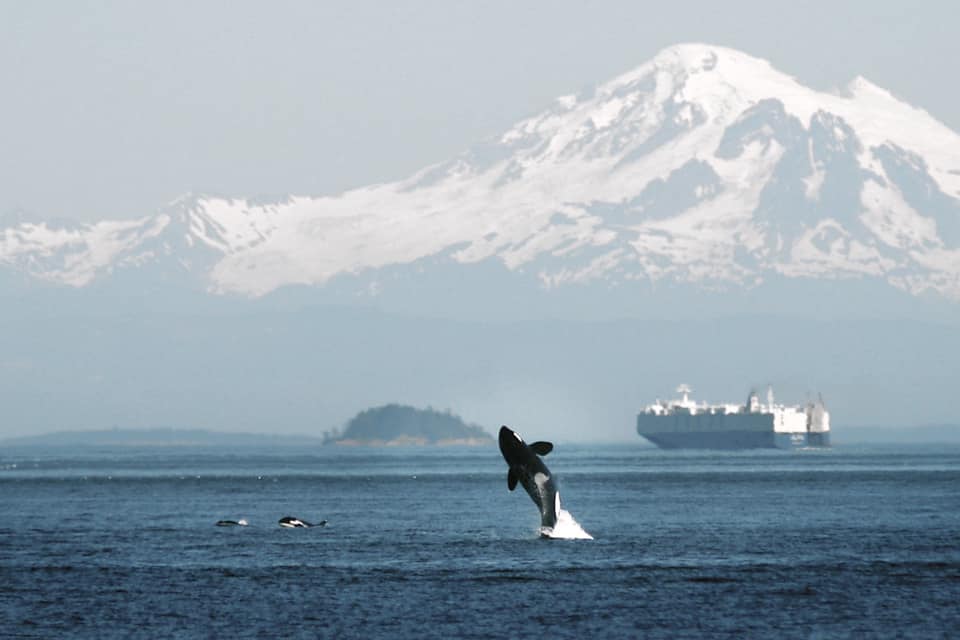
Vancouver, British Columbia – Aquaculture plays an important role in Canada’s economy and the Government of Canada is committed to managing it responsibly and sustainably. To do so, there are many factors that must be taken into consideration, including consultations with First Nations to ensure it is the right fit for the community and the area.
Today, the Honourable Bernadette Jordan, Minister of Fisheries, Oceans, and the Canadian Coast Guard, announced her intention:
- To phase out existing salmon farming facilities in the Discovery Islands, with the upcoming 18-month period being the last time this area is licenced;
- To stipulate that no new fish of any size may be introduced into Discovery Islands facilities during this time;
- To mandate that all farms be free of fish by June 30th, 2022, but that existing fish at the sites can complete their growth-cycle and be harvested.
These facilities are some of the oldest sites on the West Coast and are located on the traditional territory of the Homalco, Klahoose, K’ómoks, Kwaikah, Tla’amin, We Wai Kai and Wei Wai Kum First Nations. Consultations with the seven First Nations in the Discovery Islands area provided important guidance to the Minister and heavily informed the decision. This approach also aligns with the Province of British Columbia’s land tenure commitment that all aquaculture licenses as of June 2022 require consent from local First Nations.
In response to feedback heard from First Nations throughout consultations, DFO will ensure information is shared with the First Nations moving forward, and an invitation extended to participate and monitor progress as the farms harvest out the remaining fish on site.
Canada can be a global leader in sustainable aquaculture when done in collaboration with Indigenous peoples, industry, local communities and local governments. The federal government will continue working collaboratively with partners on the responsible transition from open-net pen salmon farming in coastal British Columbia waters by 2025. Engagement with these groups is critical to ensuring the transition is workable, economically feasible, takes into account social impacts, and explores area-based management of aquaculture.
Quotes:
“The Government of Canada remains committed to sustainable, environmentally conscious aquaculture, but it must be developed collaboratively and include the voices of Indigenous peoples and all Canadians. Today’s decision was not easy. I am committed to working with all involved parties; the First Nations, industry and the Province of British Columbia, over the next 18 months to ensure a fair and orderly transition process that phases out salmon farming in the Discovery Islands.”
The Honourable Bernadette Jordan, Minister of Fisheries, Oceans and the Canadian Coast Guard
Quick Facts:
- DFO consulted with the Homalco, Klahoose, K’ómoks, Kwaikah, Tla’amin, We Wai Kai (Cape Mudge) and Wei Wai Kum (Campbell River) First Nations. The Department also held discussions with aquaculture industry representatives.
- DFO has been issuing marine finfish aquaculture licences in the Discovery Islands on an annual basis.
- Of the 19 farms in the Discovery Islands, nine are fallowed (no fish in pens).
Associated Links:
- [Backgrounder: Measures to Phase out Salmon Framing in the Discovery Islands Area]
- Response to Cohen Commission
- Work to support recommendation 19
- Canadian Science Advisory Secretariat (CSAS)
- Discovery Islands environmental metric report, 2011-2019 (link to be inserted once posted)
- Canada’s Policy for the Conservation of Wild Pacific Salmon



